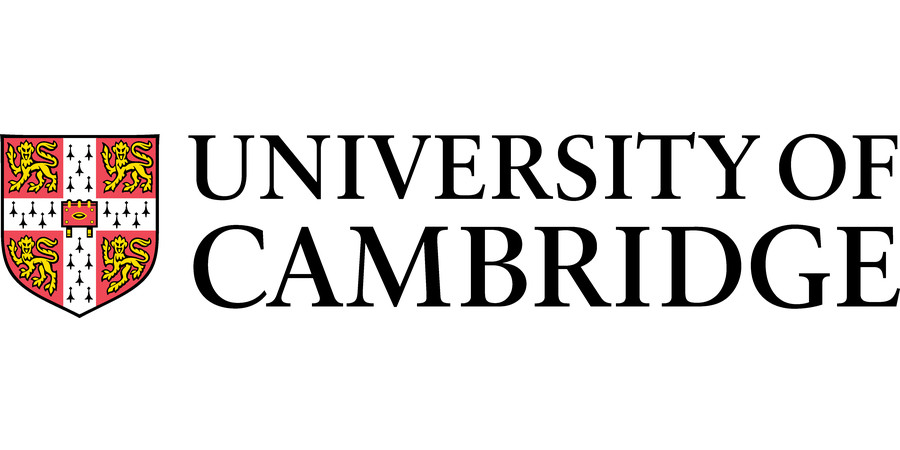Research Associate (Fixed Term)
University of Cambridge - Clinical Neurosciences
| Location: | Cambridge |
|---|---|
| Salary: | £32,296 to £45,163 |
| Hours: | Full Time |
| Contract Type: | Fixed-Term/Contract |
| Placed On: | 12th December 2024 |
|---|---|
| Closes: | 2nd February 2025 |
| Job Ref: | ZE44398 |
Department/Location: Department of Clinical Neurosciences
The post is a unique opportunity for an enthusiastic cell or molecular biologist with an aptitude for semi-independent work, which is well supported by a dynamic team. The Research Associate will also be supported by experts in computational biology in the lab and be expected to interact within the EXPERTS-ALS network and with collaborating groups at Harvard University, the Wellcome Trust Sanger Institute and the MRC-WT Cambridge Stem Cell Institute. Fellowship applications will be encouraged towards the end of the post.
The candidate must have a PhD or MD in biological or medical sciences and practical experience with stem cell or cell-line cultures, general cell and molecular biology methods, vector preparation, and cloning. Further experience in one of the following specific areas is desirable: human stem cell- or organoid-based cultures, genetics and CRISPR-editing, single-cell transcriptomics, proteomics, or molecular pathology expertise.
The candidate will join a multidisciplinary group of basic and clinician scientists to pursue fundamental and clinically relevant questions in neurobiology. The laboratory is based in the John van Geest Centre for Brain Repair, Department of Clinical Neurosciences, with affiliation to the MRC-WT Cambridge Stem Cell Institute, leading centres dedicated to Regenerative Neurobiology, Restorative Neurology and Data Science. The appointee will join a vibrant and international research environment in the Cambridge Biomedical Campus, which has a strong track record for empowering exceptional scientists and supporting the career development of postdoctoral researchers from diverse backgrounds.
Key References:
Szebényi, K., Barrio-Hernandez, I., Gibbons, G.M., Biasetti, L., Troakes, C., Beltrao, P., and Lakatos, A. A human proteogenomic-cellular framework identifies KIF5A as a modulator of astrocyte process integrity with relevance to ALS (2023). Communications Biology 6, 678
Szebényi, K., Wenger, L.M.D., Sun, Y., Dunn, A.W.E., Limegrover, C.A., Gibbons, G., Conci, E., Paulsen, O., Mierau, S.B., Balmus, G., and Lakatos, A. Human ALS/FTD brain organoid slice cultures display distinct early astrocyte and targetable neuronal pathology (2021). Nature neuroscience 24, 1542-1554 Giandomenico, S.L., Mierau, S.B., Gibbons, G.M., Wenger, L.M.D., Masullo, L., Sit, T., Sutcliffe, M., Boulanger, J., Tripodi, M., Derivery, E., Paulsen, O., Lakatos, A., Lancaster, M. Cerebral organoids at the air-liquid interface generate diverse nerve tracts with functional output (2019). Nature neuroscience 22(4):669-679
If you have any questions about this vacancy or the application process, please contact Dr András Lakatos by email at the first instance AL291@cam.ac.uk.
Fixed-term: The funds for this post are available for 2 years in the first instance.
To apply online for this vacancy and to view further information about the role, please click on the apply button above.
Please ensure that you outline how you match the criteria for the post and why you are applying for this role on the online application form.
Please include details of your referees, including email address and phone number, one of which must be your most recent line manager.
Please quote reference ZE44398 on your application and in any correspondence about this vacancy.
The University actively supports equality, diversity and inclusion and encourages applications from all sections of society.
The University has a responsibility to ensure that all employees are eligible to live and work in the UK.
Advert information
Type / Role:
Subject Area(s):
Location(s):









